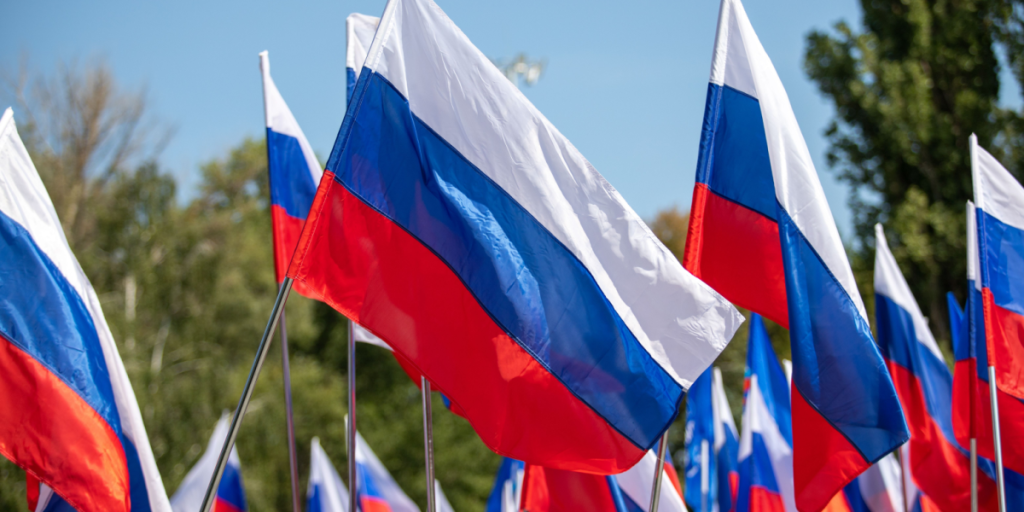Soviet-Era Symbol Returns to Ukraine Under Russian Control
Others are reading now
As Russia continues its war in Ukraine, it’s also pushing forward a version of history that many Ukrainians and others find deeply painful.
One recent example? A statue of Joseph Stalin, the Soviet dictator responsible for some of Ukraine’s darkest chapters, has just been unveiled in the occupied city of Melitopol, report the Kyiv Independent.
On May 8, the Communist Party of Russia put up the statue to mark Victory Day, which celebrates the defeat of Nazi Germany in World War II.
A plaque on the monument calls Stalin the “organizer and inspirer” of the Soviet victory, and credits him as a hero “from grateful descendants.”
Also read
The event was held with some ceremony. Russian-backed officials showed up, along with schoolchildren from the area. Flowers were laid at the base of the statue.
Melitopol has been under Russian control since March 2022, after being seized early in the full-scale invasion of Ukraine.
Now, Moscow seems to be using the city to bring back old Soviet symbols—especially ones that cast Stalin in a positive light.
But for most Ukrainians, Stalin’s name brings up trauma, not pride.
Under his rule, millions died during the Holodomor, a forced famine in the 1930s that many historians consider genocide.
Stalin also ordered mass deportations, crushed Ukraine’s language and culture, and led campaigns that targeted artists, writers, and community leaders.
Despite that, some in Russia continue to view him as a strong wartime leader. That image has been gaining more ground recently.
In late April, President Vladimir Putin signed an order to rename Volgograd’s international airport after Stalin, using his wartime title, “Stalingrad.”
A few days before that, Russian media reported Putin supported renaming another airport in the same city.
This statue in Melitopol fits into that larger trend. While Russian officials push these gestures as patriotic acts, they send a very different message to Ukrainians—especially those living under occupation.
For them, it feels more like erasing history than honoring it.


